The ESG Regulation
ESG criteria and relevant regulations
The acronym ESG refers to the three fundamental pillars of sustainability: "Environment, Social, and Governance," representing the three areas that companies, investors, society, and consumers consider when evaluating how sustainable and responsible a company is.
- Environment encompasses the commitment to address environmental and climate-related issues, such as reducing carbon emissions, responsible use of natural resources, and waste management.
- The social aspect concerns how a company manages interactions with employees, customers, communities, and other stakeholders, including topics like diversity and inclusion in the workplace, workers' rights, and community support.
- Governance, on the other hand, focuses on corporate leadership and the system of rules, practices, and processes in place. This criterion includes elements such as transparency in operations and integrity in management.
In a world facing global challenges like climate change, resource depletion, and the fight against social inequalities, companies adopting sustainable practices (within the realm of Corporate Social Responsibility or CSR) not only help mitigate these issues but also serve as role models. It's not just about responding to an ethical call but also embracing new opportunities, as investors consider ESG factors when making decisions. Responsible companies often demonstrate better long-term risk management and are more appealing to conscious consumers. This market shift is leading more companies and countries to commit to global sustainable development.
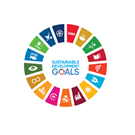
In this context, numerous international commitments have emerged in the sustainability context, along with evolving European regulations.
In 2015, 193 United Nations member states endorsed the 2030 Agenda for Sustainable Development, a global plan comprising 17 Sustainable Development Goals (SDGs) and 169 sub-goals that countries and individual companies pledge to achieve by 2030 to improve people's lives and protect our planet. These goals encompass issues such as poverty, health, education, gender equality, and the environment. The aim is to create a fairer, healthier, and more sustainable world.
In 2021, the European Union adopted the "Fit for 55" plan, aiming to reduce greenhouse gas emissions by 55% by 2030 compared to 1990 levels. This plan, crucial for addressing climate change, includes measures such as promoting clean energy, reducing pollution, and adopting more sustainable transportation. The goal is to make Europe "fit" for tackling climate challenges and meeting the Paris agreement's objectives, keeping the global average temperature rise well below 2 degrees Celsius above pre-industrial levels.
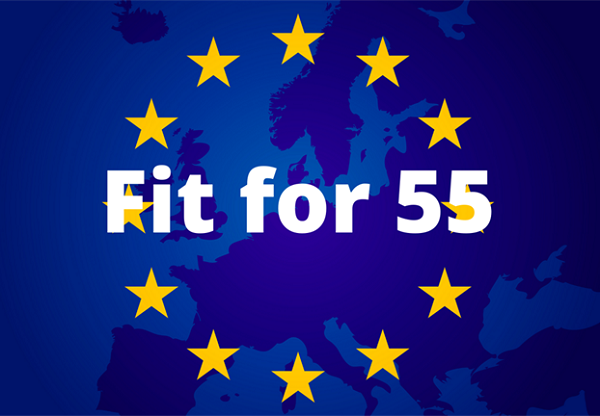
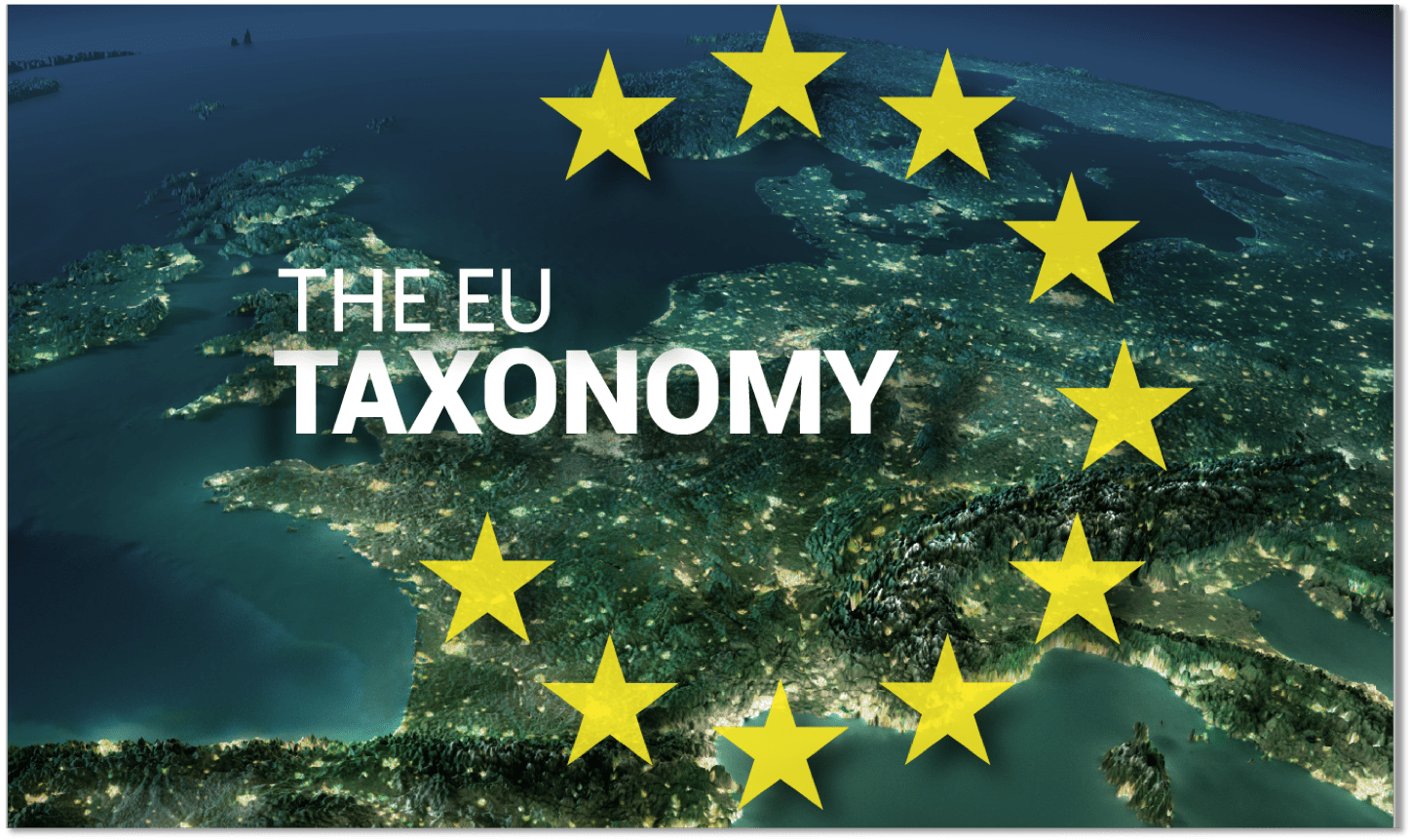
In 2020, the European Parliament approved Regulation (EU) 2020/852, or the Taxonomy Regulation. The European Union's taxonomy is a classification system that identifies economic sectors based on their environmental impact. The goal is to provide businesses and investors with a common language to identify environmentally sustainable activities. The taxonomy consists of six main environmental objectives, including mitigation and adaptation to climate change, sustainable use and protection of water resources, transition to a circular economy, pollution prevention and control, and biodiversity protection. This tool aims to promote sustainable investments and the transition to a green economy.
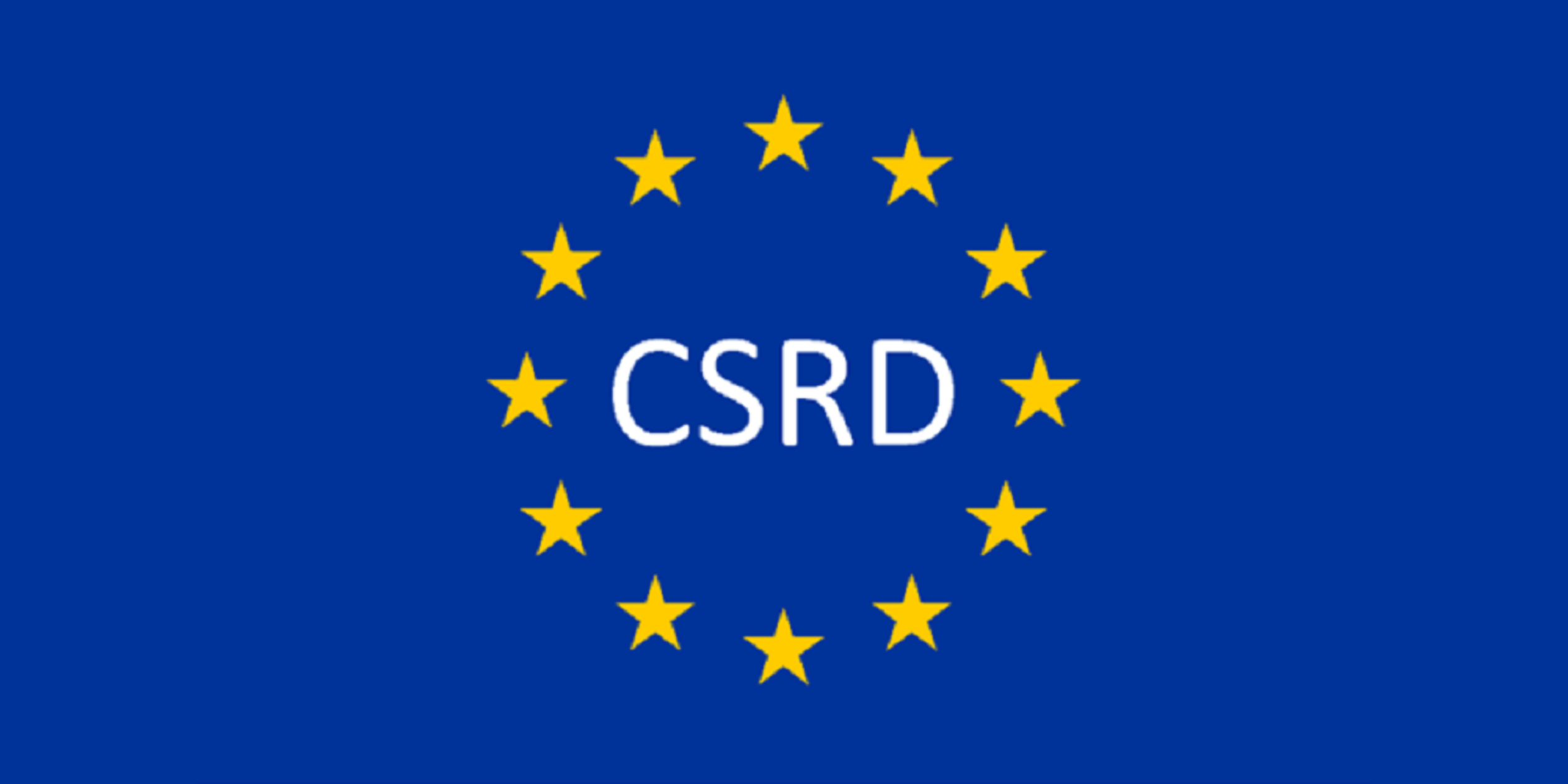
To increase transparency and comparability in corporate sustainability reporting, in 2022, the European Commission approved and published the "Corporate Sustainability Reporting Directive (CSRD)."
The CSRD extends mandatory sustainability reporting beyond the current NFRD (Non-Financial Reporting Directive), encompassing a larger number of companies than the previous directive. According to the EU, approximately 11,000 companies in Europe are currently required to prepare a non-financial statement, while by 2026, around 50,000 companies will be required to comply with the CSRD.
Among the key features, the CSRD requires:
- Conducting a double materiality analysis, a process that assesses both a company's environmental and social impacts (from an inside-out perspective) and how these factors can influence the company's financial and operational performance (from an outside-in perspective).
- Reporting on the company's plans to ensure that its business model and strategy are compatible with a sustainable economy and in line with the Paris agreement.
- Providing a description of the sustainability-related objectives defined by the company and the progress it has made in achieving them.
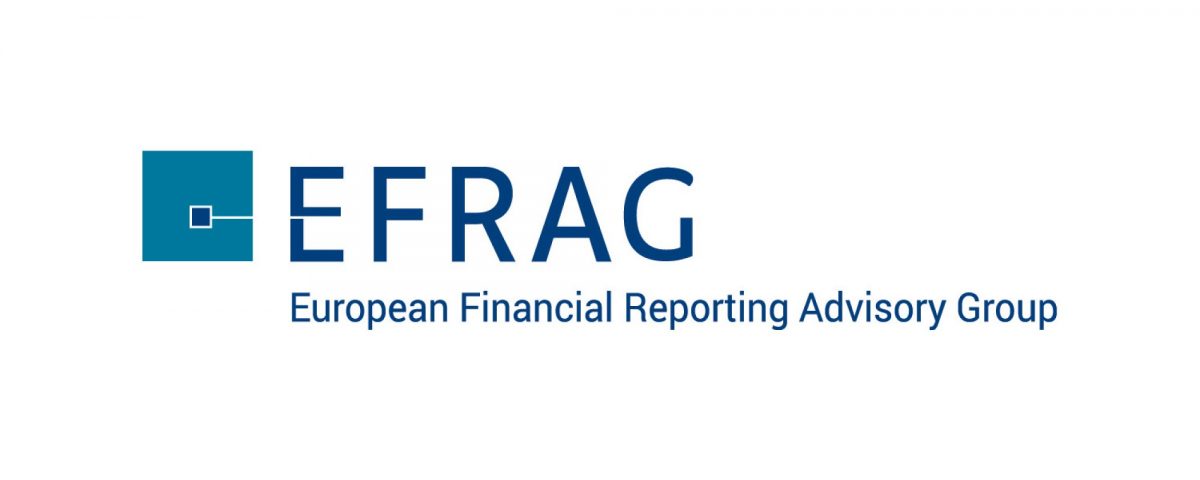
The CSRD requires companies within its scope to report using the new European Sustainability Reporting Standards (ESRS), published in 2023 by the European Financial Reporting Advisory (EFRAG), a technical, non-political entity responsible for accounting standards at the European level. The 12 ESRS standards offer a reporting framework aligned with international standards, ensuring transparency, consistency, and simplified access to global financial markets.